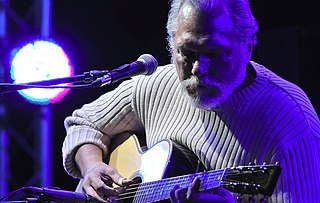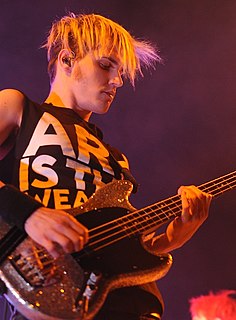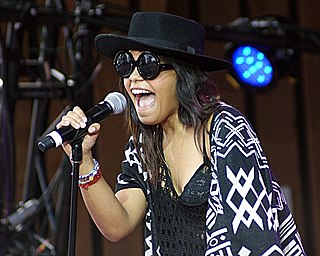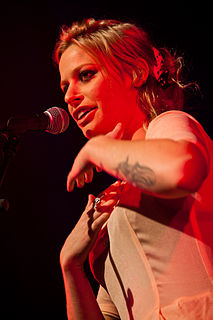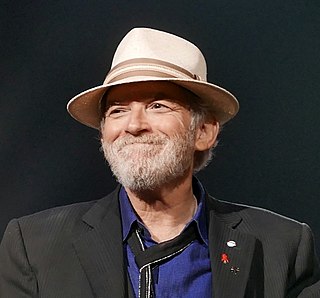A Quote by Jorma Kaukonen
I started with the chorus of that song, kind of like a fun bouncy thing to play, and then one of the lines popped up: 'I got things to do today, people to see, things to say.' I wrote about a dozen verses for it, but no song needs to be that long unless you're Bob Dylan. So when we recorded it I started to tear it down to some of the lines I thought were the funniest.
Related Quotes
When I went travelling around Europe there was the Eurovision song contest on, and I got a bit dunk and we missed our train to Budapest the next day. Anyway, when I got back I kind of realised how many songs there were about people giving up things for somebody, so I thought I'd make a song about giving up things I don't have. These elaborate things that I don't have that I could give up to somebody, and I kind of thought there was kind of some sweet sentiment in that.
Patrick started driving really fast, and just before we got to the tunnel. Sam stood up, and the wind turned her dress into ocean waves. When we hit the tunnel, all the sound got scooped up into a vacuum, and it was replaced by a song on the tape player. A beautiful song called “Landslide.” When we got out of the tunnel, Sam screamed this really fun scream, and there it was. Downtown. Lights on buildings and everything that makes you wonder. Sam sat down and started laughing. Patrick started laughing. I started laughing. And in that moment, I swear we were infinite.
Right away, I knew I didn't want to have that look of other guys with long hair and bell-bottom pants, because everybody else had that look. I kind of adopted my boarding-school look, which made me stand out. Then the next thing you know, the first song on my first record is a song called "School Days." It's about going to the boarding school I went to. So then I just started to write about myself. The very first song I ever wrote was about a guy I met in a boatyard that we were working in. So I've always had this thing about sticking to more or less what I knew.
I played a couple of ideas and then had this unusual texture underneath which was like this little granulated kind of pipe organ almost like a scratchy record which he started [inaudible] brilliantly. "Oh I love that song." And when things go fine, it's good. So he started loving that song and that song was used quite a lot in the movie which is very granulated stuff on the guitar.
The interesting thing about a song like 'Bulletproof Heart' - it was [originally] called 'Trans Am' - the interesting thing about the amalgamation of that song was that the song also lived within us, like we all got to live with the song and it was around for about a year before we recorded it again, so the song got to really transform, which you don't really get to do.
I'd say the key thing is to remain true to what originally got you into music. When I wrote 'Hallelujah,' it ignited me to do music because of the love and joy that I got from writing that song. Down the road, you get all of these opinions from people; just remember what got you started in the first place.
I started playing bass in my friend's band for some reason. It was just something I did because, well, he asked me if I wanted to play bass and he played me this song - Nirvana's version of "Molly's Lips", the Vaselines song - and he said, "You can do this! This is not hard!" and it's like a two-note song. I learned that and then I thought I was a genius.
'Gorilla Man' is a composite of a few individuals, but the song itself was actually inspired by James Taylor. I spied his 'Gorilla' album laying on my floor and in some altered state, instantly started singing the chorus. It was fun to write. There's an old notebook with at least three more verses in it somewhere.
Listen to the Beatles' 'Things We Said Today.' Ringo Starr does not play a fill in the entire song. It doesn't need it. 'A Day In the Life' has gorgeous fills, but there, the song needs it. When I play on any record, I'm striving to get where Ringo is. You play what doesn't take you out of the song.
